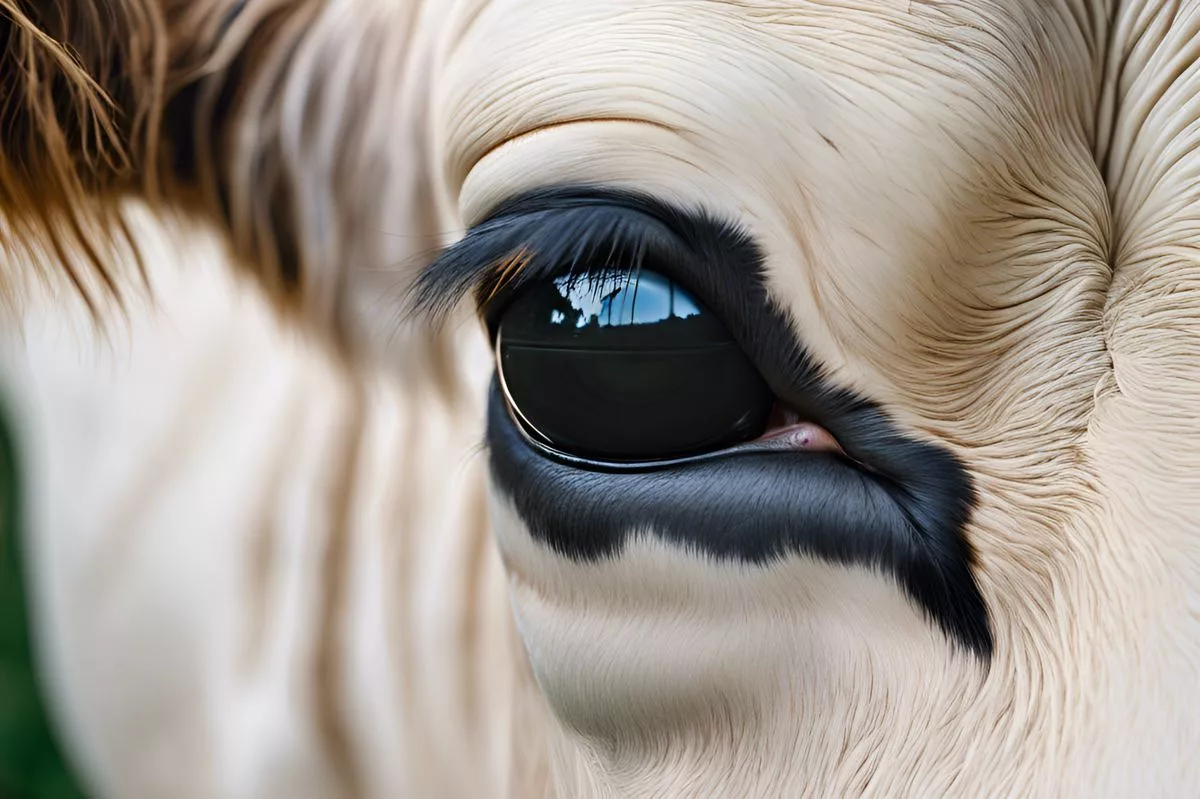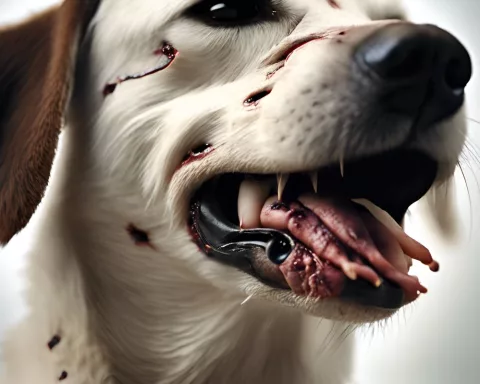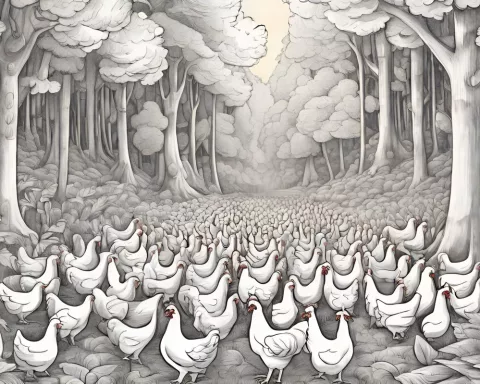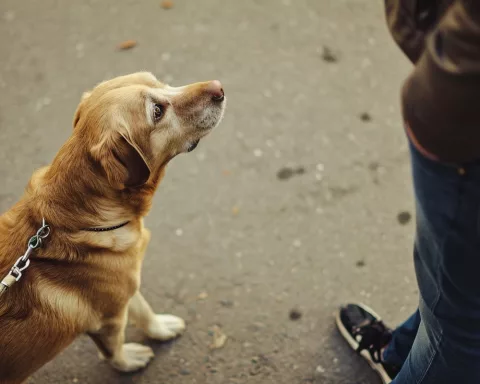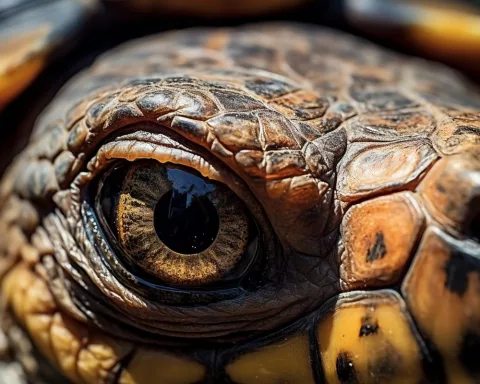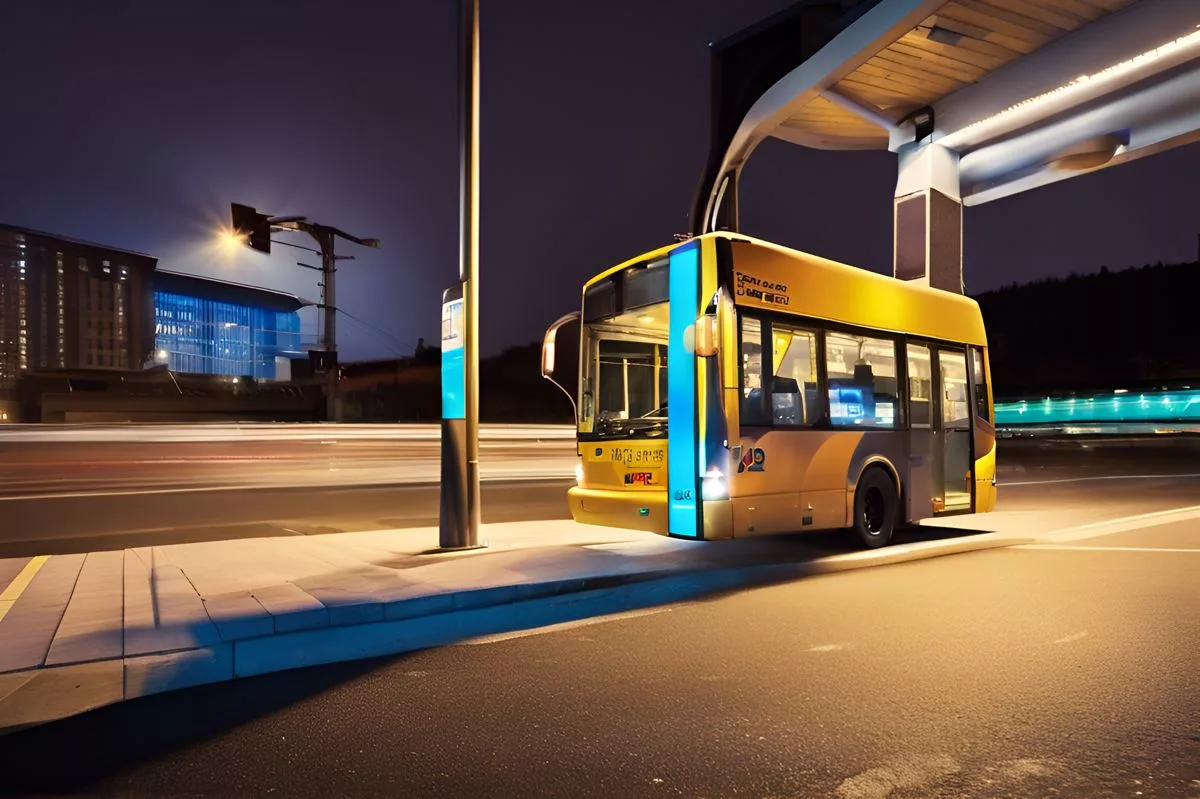A ship carrying 19,000 Brazilian cattle arrived in Cape Town, causing an unpleasant smell and sparking a significant debate on animal rights and shipping regulations. Animal rights activists and political figures criticized the vessel’s appalling conditions, which subject animals to high levels of ammonia, turbulent seas, extreme heat stress, injuries, filthy surroundings, exhaustion, and even death. The incident highlights the urgent need for stricter regulations governing the transport of live animals and the broader ethical considerations surrounding animal welfare and rights. Cape Town’s response to this crisis and subsequent policy changes will influence future discussions on this vital issue.
The arrival of a ship carrying 19,000 Brazilian cattle in Cape Town sparked a significant discourse on animal rights and shipping regulations. The National Council of the Society for the Prevention of Cruelty to Animals (NSPCA) denounced the vessel and its cargo, highlighting the appalling conditions aboard these ships and the potential for rapid disease spread due to crowded conditions. This incident stresses the urgency for stricter regulations governing the transport of live animals and the broader ethical questions around animal rights and welfare.
Renowned for its breathtaking natural landscapes, Cape Town, a preferred African travel hotspot, recently had to deal with a rather peculiar and definitely uninvited entity. This unsolicited arrival was not a human entity, but a gigantic ship carrying 19,000 Brazilian cattle bound for Iraq. The vessel had anchored in the city to restock its animal feed.
Unwelcome Aroma Engulfs Cape Town
As the ship docked, an unbearable odour blanketed the city, leading to immediate and justifiable apprehension among the residents. The initial response was a comprehensive examination of the city’s sewage system for potential leaks. However, the actual origin of the foul smell was traced to the colossal cattle vessel anchored at the harbour.
This vessel, christened the Al Kuwait, was not just the source of the stench, but also a point of severe critique from both animal rights activists and political figures. The National Council of the Society for the Prevention of Cruelty to Animals (NSPCA) was particularly vociferous in its denouncement of the vessel and its cargo. Known for its outspoken opposition to the maritime live export of animals, the NSPCA frequently points to the appalling conditions aboard these ships.
Critical Voices Rise Against Animal Cruelty
In a public address, the NSPCA stated, “The odour is representative of the horrendous conditions these animals undergo, spending over two weeks on board, amidst an accumulation of faeces and ammonia. The stench on board is beyond comprehension, a condition these animals endure daily.”
Joining the critical voices, the Democratic Alliance, a prominent political party, also condemned the practice of transporting live animals by sea. The party committed to supervising the vessel vigilantly to ensure necessary measures are in place to safeguard the well-being of the cattle on board.
“Live export, as demonstrated by this scenario, subjects animals to dangerous conditions such as high levels of ammonia, turbulent seas, extreme heat stress, injuries, filthy surroundings, exhaustion, and even death,” the party emphasized in their statement. They further emphasized the potential for rapid disease spread due to the crowded conditions on board the vessel.
Unmasking the Harsh Reality of Live Animal Export
In the face of this quandary, it is crucial to remember that while the ship has brought an unpleasant smell, it has also sparked a significant discourse on animal rights and shipping regulations.
As Cape Town wrestles with this issue, it starkly highlights the brutal realities of the live export industry. The city, famed for its warmth and hospitality, is now tasked with addressing this issue in a manner that balances the welfare of the animals and maintaining its reputation as a top travel destination.
This incident in Cape Town stresses the urgency for stricter regulations related to live animal transportation. It also sharply highlights the broader ethical considerations surrounding animal rights and welfare. The ongoing dispute is a reflection of a recurrent debate, a call for reform that resonates far beyond Cape Town’s harbour.
The Need for Change in Animal Transportation Norms
This situation challenges the standard international protocol for animal transportation, thereby underlining the need for change. The entire saga serves as a lesson in the struggle between economic interests and ethical responsibilities, a recurring dilemma that continues to shape discourse on animal rights worldwide.
Moreover, the incident underscores the urgent need for stringent regulations governing the transport of live animals, highlighting the broader ethical questions around animal rights and welfare. With the controversy echoing far beyond Cape Town’s harbour, it’s clear that the global norms of animal transportation are up for debate and scrutiny.
Thus, Cape Town’s bovine dilemma stands as another stark reminder of the urgent need for reform in the world of international animal transportation. The city’s response to this crisis and the subsequent policy changes will undoubtedly influence future discussions on this vital issue.
This incident not only emphasizes the importance of animal welfare but also the balancing act required to maintain a city’s reputation as a welcoming travel destination. It’s a reminder that even the most beautiful places can harbor harsh realities, and it’s our responsibility to bring light to these issues and push for change.
1. What was the cause of the unpleasant smell in Cape Town?
The unpleasant smell in Cape Town was caused by a ship carrying 19,000 Brazilian cattle that arrived in the city.
2. What criticisms were leveled against the vessel and its cargo?
Animal rights activists and political figures criticized the vessel for subjecting animals to high levels of ammonia, turbulent seas, extreme heat stress, injuries, filthy surroundings, exhaustion, and even death. The National Council of the Society for the Prevention of Cruelty to Animals (NSPCA) denounced the vessel and its cargo, highlighting the appalling conditions aboard these ships and the potential for rapid disease spread due to crowded conditions.
3. What is the broader ethical consideration surrounding animal welfare and rights?
The incident highlights the broader ethical considerations surrounding animal rights and welfare, stressing the need for stricter regulations governing the transport of live animals, especially considering the brutal realities of the live export industry.
4. What is the Democratic Alliance’s stance on the transport of live animals?
The Democratic Alliance condemned the practice of transporting live animals by sea and committed to supervising the vessel vigilantly to ensure necessary measures are in place to safeguard the well-being of the cattle on board.
5. What is the lesson to be learned from Cape Town’s bovine dilemma?
Cape Town’s bovine dilemma stands as another stark reminder of the urgent need for reform in the world of international animal transportation. The city’s response to this crisis and the subsequent policy changes will undoubtedly influence future discussions on this vital issue.
6. How do the economic interests and ethical responsibilities affect the discourse on animal rights worldwide?
The situation challenges the standard international protocol for animal transportation, thereby underlining the need for change. The entire saga serves as a lesson in the struggle between economic interests and ethical responsibilities, a recurring dilemma that continues to shape discourse on animal rights worldwide.

